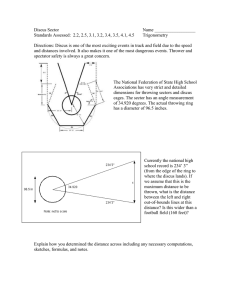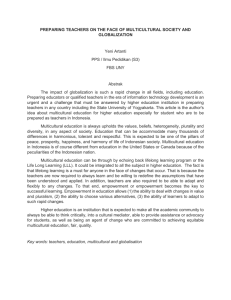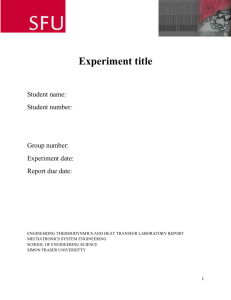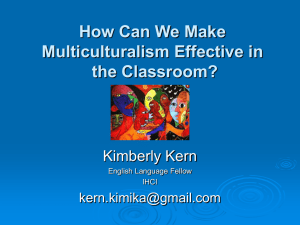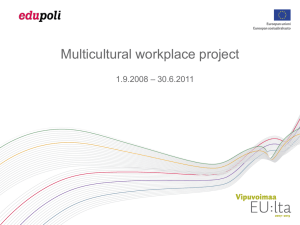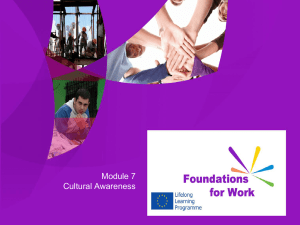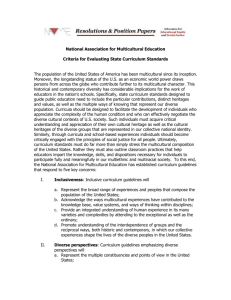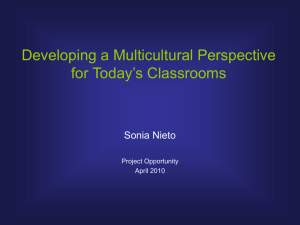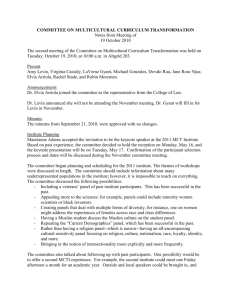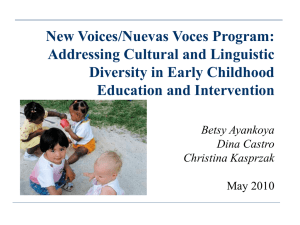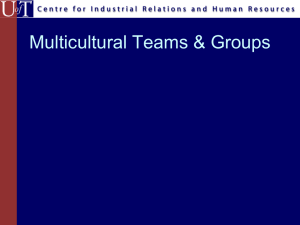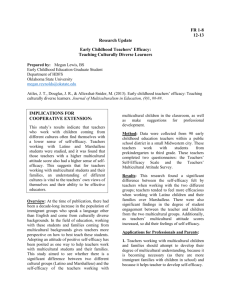Diversity Resource Links
advertisement
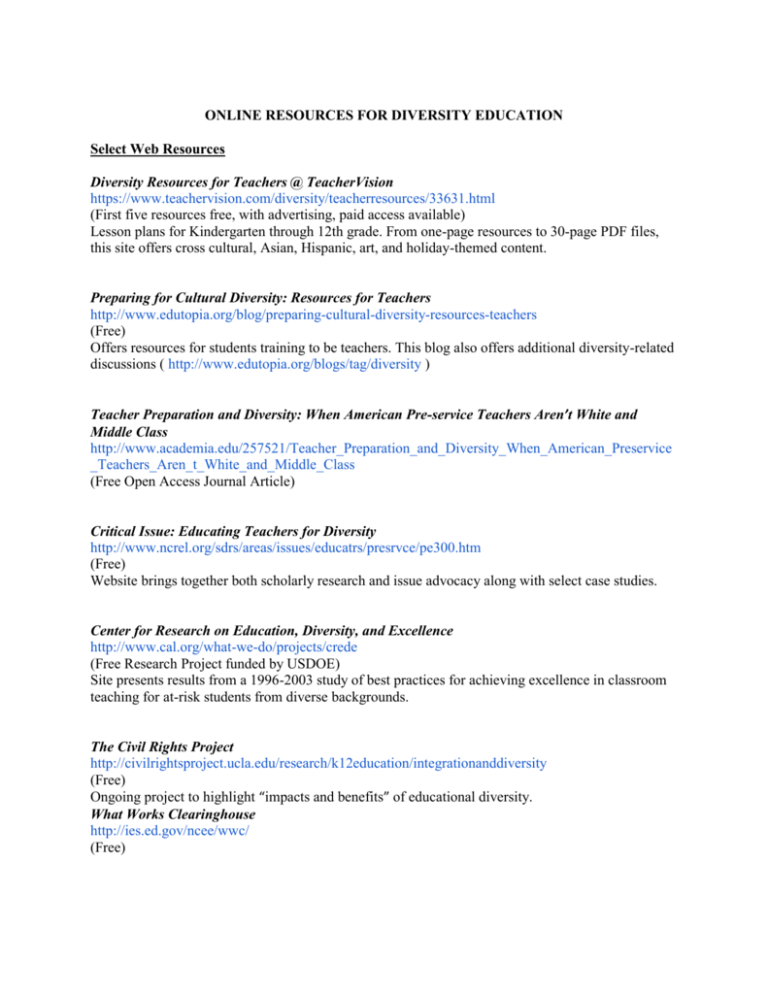
ONLINE RESOURCES FOR DIVERSITY EDUCATION Select Web Resources Diversity Resources for Teachers @ TeacherVision https://www.teachervision.com/diversity/teacherresources/33631.html (First five resources free, with advertising, paid access available) Lesson plans for Kindergarten through 12th grade. From one-page resources to 30-page PDF files, this site offers cross cultural, Asian, Hispanic, art, and holiday-themed content. Preparing for Cultural Diversity: Resources for Teachers http://www.edutopia.org/blog/preparing-cultural-diversity-resources-teachers (Free) Offers resources for students training to be teachers. This blog also offers additional diversity-related discussions ( http://www.edutopia.org/blogs/tag/diversity ) Teacher Preparation and Diversity: When American Pre-service Teachers Aren’t White and Middle Class http://www.academia.edu/257521/Teacher_Preparation_and_Diversity_When_American_Preservice _Teachers_Aren_t_White_and_Middle_Class (Free Open Access Journal Article) Critical Issue: Educating Teachers for Diversity http://www.ncrel.org/sdrs/areas/issues/educatrs/presrvce/pe300.htm (Free) Website brings together both scholarly research and issue advocacy along with select case studies. Center for Research on Education, Diversity, and Excellence http://www.cal.org/what-we-do/projects/crede (Free Research Project funded by USDOE) Site presents results from a 1996-2003 study of best practices for achieving excellence in classroom teaching for at-risk students from diverse backgrounds. The Civil Rights Project http://civilrightsproject.ucla.edu/research/k12education/integrationanddiversity (Free) Ongoing project to highlight “impacts and benefits” of educational diversity. What Works Clearinghouse http://ies.ed.gov/ncee/wwc/ (Free) A knowledge base of research into critical areas of educational achievement. There is not a stand alone diversity subject but “Dropout Prevention” and “English Language Learners” areas approach the subject matter. Other Online Resources Libraries across the state of South Carolina invest in print and electronic resources that can help meet learning needs in this (and many other) subject areas. Separate cooperative borrowing agreements between higher education institutions and county public libraries offer individuals access to a wealth of materials from anywhere in the state. Many public schools can also access these borrowing networks. Individuals can access print materials from college and university libraries by request from their local public library if they are not currently enrolled as a student. Active students may take advantage of local Interlibrary Loan (see your local library) or PASCAL Delivers http://pascalsc.libguides.com/content.php?pid=452161&sid=3705415 Electronic books or journals can generally only be accessed at the host institution if you are not a currently enrolled student. However, many thousands of journal titles are available statewide through the DISCUS program. http://scdiscus.org/ Library catalogs are generally searched using the same common terms provided by the Library of Congress. Here are several sets of common terms that link to the College and University PASCAL Common Catalog multicultural education http://pascalcat.org/search/?searchtype=X&SORT=D&searcharg=multicultural+education multicultural education and case studies http://pascalcat.org/search~S0/?searchtype=X&searcharg=multicultural+education+and+case+studie s diversity and education http://pascalcat.org/search~S0/?searchtype=X&searcharg=diversity+and+education Databases of Electronic Journal Content Generally the most up-to-date research on everything from best practices to classroom experiences will be found in databases of journal content. The largest database, ERIC, as well as several others are available across South Carolina. The DISCUS consortium offers access in every school and public library in the state. Students in higher education will have access through DISCUS or their local institution. http://scdiscus.org/education
